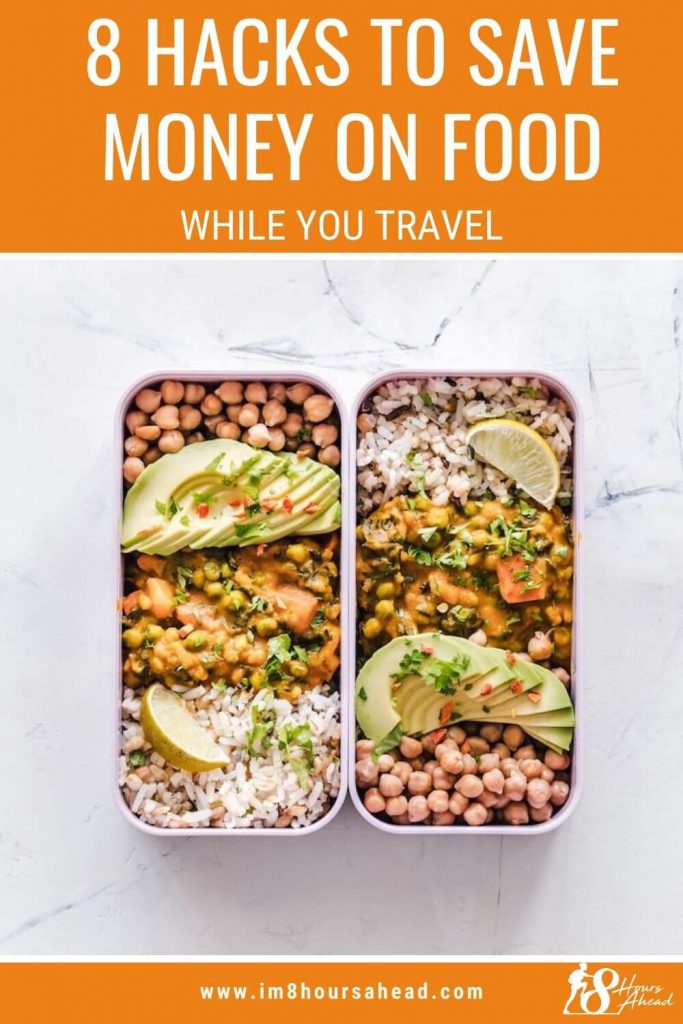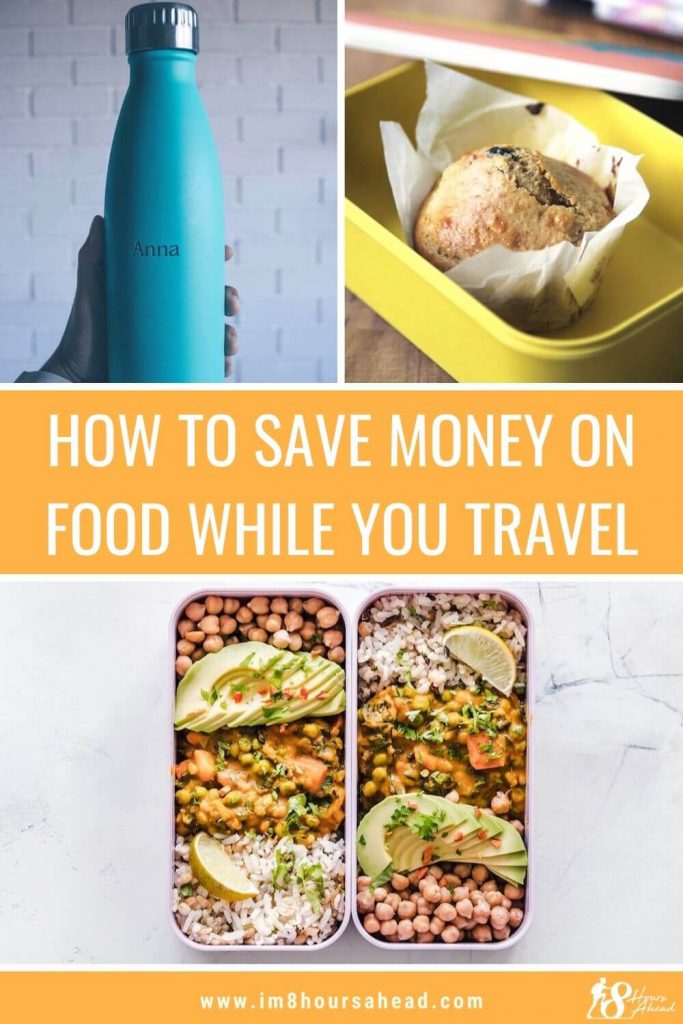Aren’t you tired of spending money on food? How inconvenient that you need to eat every day!
Food is one of the largest expenses we all have when travelling. When planning a trip independently, you will book accommodation and transportation to the destination. Maybe also book some transfers or hire a car.
But what about food? You have to eat every single day of the trip, possibly many times, and yet it is often overlooked in all our budgets. Do you want to learn how to save money on food while you travel? Keep reading!
Table of Contents
How to save money on food while you travel
Luckily there are so many ways that we can cut our food expenses while we are travelling. In this article, I will give you some simple and easy to follow tips so the next time you are planning a trip, you can save a lot of money!
When you travel you want to experience the destination and that involves, in most places, trying delicious local food. I’m not going to stop you from doing that!
But how cool would it be if you knew how to cut on some silly food expenses so that you can spend your money on trying local foods or even doing local food tours?
1. Book accommodation with free breakfast
Before booking your accommodation check if breakfast is included. Some hotels will include breakfast in the nightly rate while others will charge you anything between 7€ to 20€ per person.
If you are staying for 4 nights that could be 20×4=80€ spent on breakfast! Would you ever spend that in your daily life? I didn’t think so.
Find an accommodation that offers free breakfast – it will be indicated on the booking platform or hotel’s website and you can use that daily breakfast for a big meal without paying more for it! 😉
2. Get an apartment or accommodation with a kitchen
Booking a self-catering unit or apartment, even going to a hostel and using the communal kitchen, will be your biggest saving during the trip, if you plan accordingly!
Do grocery shopping on arrival and get some easy ingredients you can make a nice meal with. Cook them the first night and have food for the next few days! To make this one work even better…
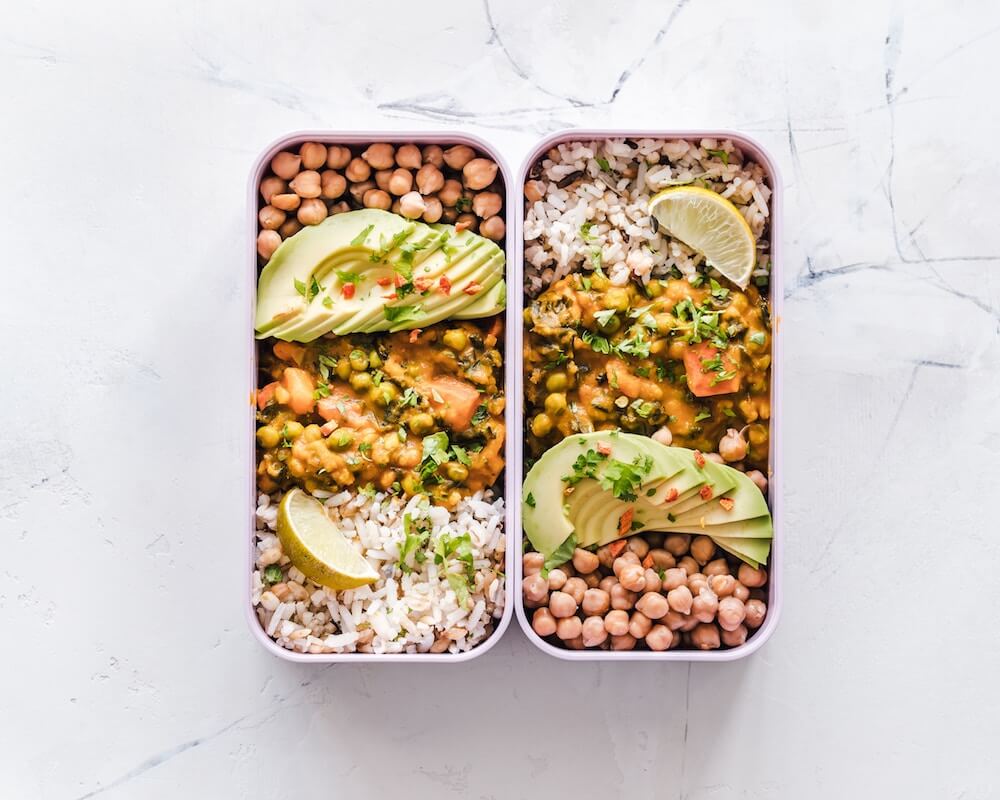
3. Bring your own Tupperware and bamboo cutlery
Having your own container and cutlery when travelling has proven to be one of the best things ever for us. If you cook on one night you can take the leftovers for the following day’s lunch and while you are exploring you don’t have to come back home to eat or spend money on food.
Depending on what you are exploring, coming back for lunch is nearly impossible and buying food while at a popular tourist site is almost always very expensive.
Personally I’ll take a good dinner out over an expensive lunch, so I would rather eat something from a container that’s homemade or even a sandwich and then sit down for a decent dinner somewhere beautiful.
Since I started getting serious about reducing my impact when I travel, I always carry both Tupperware and bamboo cutlery in my backpack. They are useful and can be used in multiple situations: from grocery shopping to meal transport to use instead of plastic plates at a market/food truck festival.
They take very little space in your bag and are very versatile.
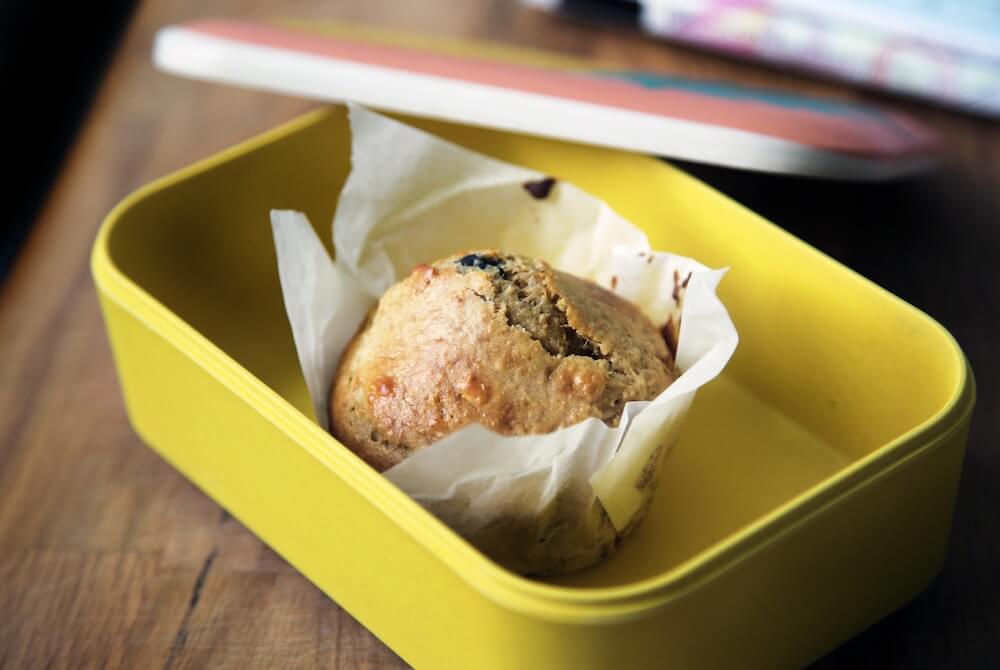
4. Stop buying drinks
Don’t worry – I’m not saying that you shouldn’t drink alcohol, although it is a big expense. I’m referring to not buying water bottles and soft drinks every time you are thirsty and on the go.
Use your reusable bottle because water keeps you hydrated, you’ll save money and help the environment. It is a win-win if I’ve ever heard of one.

CONTINUE READING: 10 easy actions you can take to be a responsible traveller
5. Buy groceries
Going to the supermarket doesn’t make sense for a weekend trip or if you’re only staying for a couple nights, but if it is part of a longer trip or a long stay in one place, it will save a lot of money.
I highly recommend that you pick up some groceries. You can always carry some fruits, bread and condiments (veggies, cheese, cold meat) or even get a bag of rice and cook it with different fresh products.
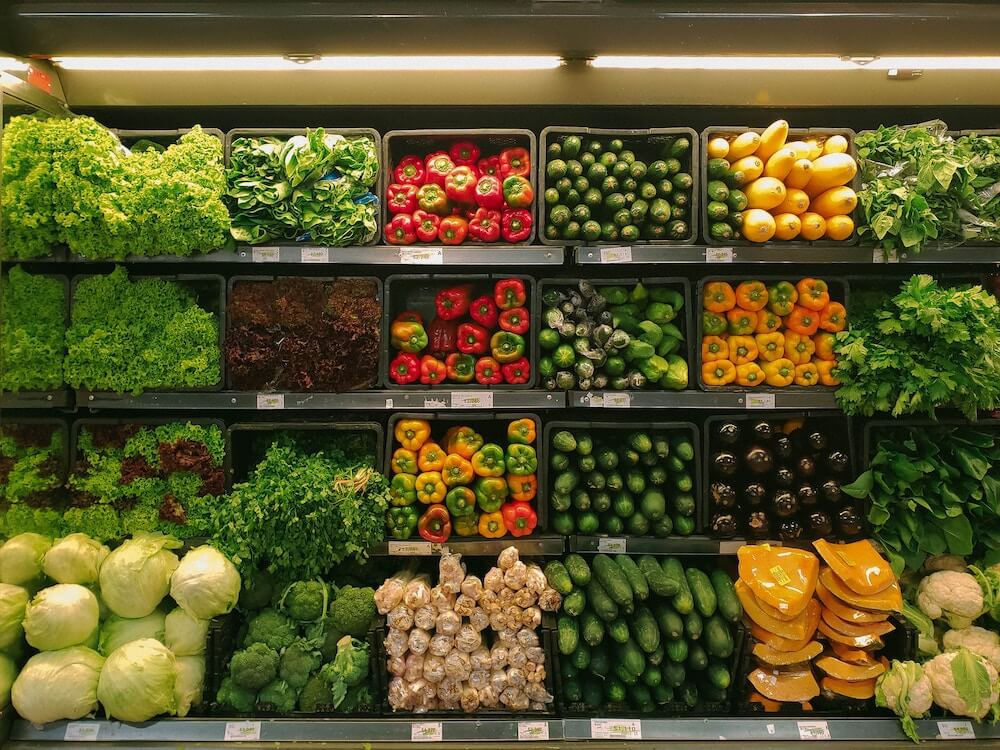
6. Explore outside of big tourist areas to get local prices and cuisine
When you leave the tourist areas the overpriced restaurants are left behind as well. By moving about 3 blocks away from a touristy hub you will already find under the radar, local bars or small restaurants with the same food and normally far better prices.
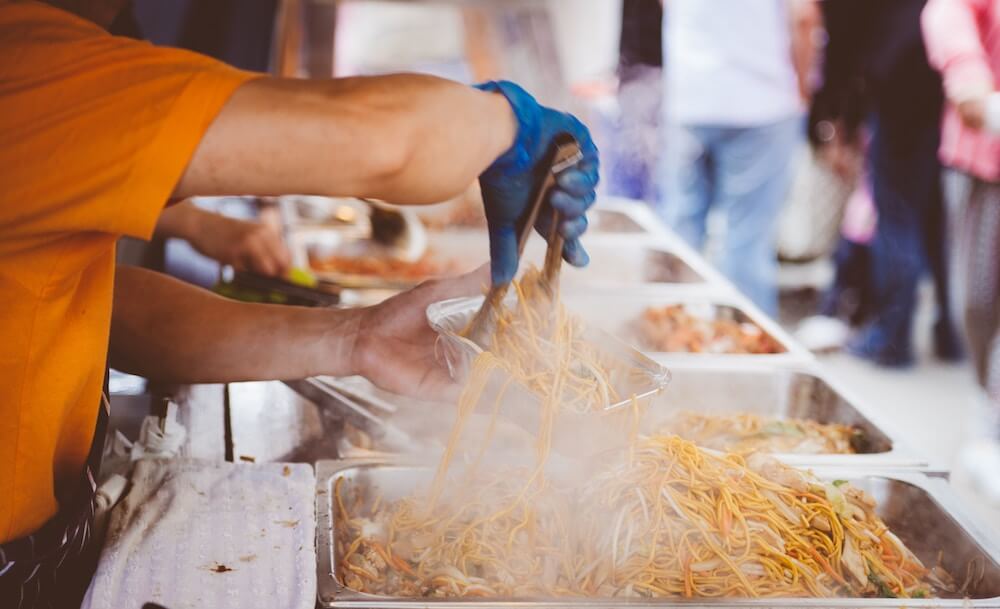
This is also a great way to alleviate over tourism in certain areas of well-known cities like Barcelona or Venice.
7. Get on with street food
Food trucks, food stalls, street vendors… Street food presents itself in a variety of ways but grabbing a plate of rice and fried chicken at a Balinese street stall will cost you 1€ Yes… you’ve read that correctly.
Always check that the establishment looks clean, and has some locals queuing, to try and minimise the bad decisions that will come with food poisoning.
Try to apply logic to make sure you trust the place where you are getting food from: locals buying there is the best sign of all.
8. Start intermittent fasting
Intermittent fasting is a method consisting of having a longer window without food, usually between 13 and 16h.
Intermittent fasting is one of the ways that I use to save money on food while I travel!
By doing this your body has time every day to detox and properly digest the food you’ve eaten. You can read more about intermittent fasting here. In practical terms, it means that you only eat during a window of 9h a day, and fast for the remainder (while still drinking water of course).
For example: you can eat only from 12h00 until 21h00. You can eat as many times you want during those 9h, but you’ll quickly find your body gets used to not eating until 12h00 again the next day and then you only need lunch and dinner, and maybe a snack once a day, without feeling hungry.
You can also cut dinner out if you prefer your window to be early morning food.
Do you have any other tips on how to save money on food while you travel? Please share them below – new tips are always welcome!

